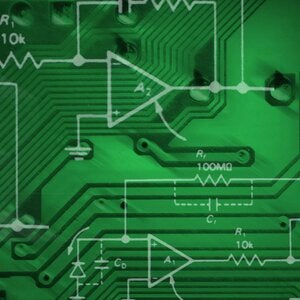UCLA Analog, Mixed Signal, RF and Microwave Circuit Design Program

UCLA Analog, Mixed Signal, RF and Microwave Circuit Design Program
Build Your Skills in Microelectronics Design
This program consists of six (6) courses in digital, analog, mixed signal, RF and microwave circuits and systems design to give engineers a broad knowledge and understanding of the complex microelectronics design in today’s advanced technology.
Program Requirements:
You must complete the following 6 courses to receive your Award of Completion. Individual courses can be taken without Award of Completion.
Course Format:
Online via Zoom, after work hours.
Grading Policy:
Participants will receive a pass/fail grade.
Our courses are open enrollment, meaning no admission decision is necessary for you to enroll. Simply choose the enrollment method below that is most convenient for you.
Enroll Online:
- Click Enroll on your selected course(s) to add them to your Shopping Cart.
- Select “Checkout” when ready and either log in (for current students) or create your student profile (for new students).
- Follow the instructions on screen.
By Phone:
Call 1-800-825-9971
Hours: Monday - Friday, 8:00 am - 5:00 pm
By Voucher:
Email the voucher to billing@uclaextension.edu and ecp@unex.ucla.edu
In Person:
UCLA Extension Gayley Center
1145 Gayley Ave, 2nd Floor
Los Angeles, CA 90024
Hours: Monday - Friday, 8:00 am - 5:00 pm
By Postal Mail:
Download our Enrollment Form and return with payment (check or money order only) to our address at the bottom of the page.
Mail to:
UCLA Extension Enrollment Center
1145 Gayley Ave, 2nd Floor
Los Angeles, CA 90024
Enrollment is based on space availability at the time your payment is received.
Learn about Payment Options
Download the Program Brochure
For more information contact:
Engineering Custom Programs
UCLA Extension
10960 Wilshire Blvd., Suite 1600
Los Angeles, CA 90024
310-825-9911
ecp@unex.ucla.edu







